US backs Japan's controversial move to release contaminated water into sea
United States has thrown its weight behind the Japanese government’s decision to release over one million tonnes of contaminated water from the wreaked Fukushima nuclear station into the Pacific sea.
Washington on Tuesday said Japan “appears to have adopted an approach in accordance with globally accepted nuclear safety standards”, even as neighouring countries including China and South Korea vehemently protested the move.
Ned Price, the US Department of State spokesperson, in a press statement said Washington is “aware that the Government of Japan examined several options related to the management of the treated water currently being stored onsite at the Fukushima Daiichi site.”
He said Tokyo has “weighed the options and effects” in what it termed the “unique and challenging situation”.
Japan says the water release is necessary to press ahead with the complex decommissioning of the plant after it was destroyed in a 2011 tsunami, three months ahead of the postponed Olympic Games to be hosted by Tokyo.
China, however, has expressed grave concern about Japan's decision, urging it to adopt a responsible attitude and treat the issue of nuclear waste disposal with caution.
China has expressed its grave concerns through diplomatic channels about Japan's decision to dispose of radioactive water at Fukushima by releasing it into the Pacific Ocean, Foreign Ministry spokesperson Zhao Lijian said Monday. https://t.co/x0zuRrTr6B pic.twitter.com/Hy4zOg0bOH
— CCTV (@CCTV) April 13, 2021
Chinese Foreign Ministry Spokesperson Zhao Lijian Tuesday said the Fukushima nuclear accident is one of the “most serious ones in the world so far”, saying the accident caused a large amount of radioactive material to leak, which has had a profound impact on marine environment, food safety and human health.
"The Japanese side should act in a responsible manner for global public interests and the interests of its own people," Zhao added.
The move has triggered protests in Japan as well, with hundreds of demonstrators on Tuesday gathering outside Prime Minister Yoshihide Suga's office in Tokyo.
#Japanese demonstrators protested outside PM Suga's office in Tokyo as the government announced on Tuesday to release over one million tons of contaminated water from the destroyed #Fukushima nuclear station into the sea. pic.twitter.com/kdASYKYD7S
— Global Times (@globaltimesnews) April 13, 2021
With souring relations between the US and China, Washington has drawn closer to Tokyo, which was evident from US Secretary of State Antony Blinken and Secretary of Defense Lloyd Austin’s maiden international trip to Tokyo.
“Whether it be adopting Japanese strategic concepts, prioritizing visits by foreign dignitaries, or reaffirming the long-standing alliance, Japan now seems to be at the center of U.S. foreign policy in the Indo-Pacific region,” political scientist Jeffrey W. Hornung wrote in an article recently.
“This makes sense. After all, like other allies, as Blinken and Austin reiterated in their Washington Post op-ed, Japan is a "force multiplier" for the United States,” he added.
Pertinently, Japan last year marked 75 years since the US dropped a nuclear bomb on Hiroshima, killing 140,000 people. The bombing udestroyed almost everything within 10 square kilometers in the area.
Three days later, a second nuclear attack on Nagasaki killed another 70,000 people.
Every year, tens of thousands of people in Hiroshima gather to honor the victims of the world’s first ever atomic attack.
Iran: Downed Israeli quadcopters cause no damage, injuries
VIDEO | Press TV's news headlines
Iran censures US veto of Palestinian request for full UN membership
Over 14,000 kids killed in Israel’s war on Gaza: UNICEF
VIDEO | Iran’s National Army Day marked at the Iranian embassy in Moscow
VIDEO | Iranian culture fosters further development, understanding in SA
VIDEO | People in Amman hold protest in support of Palestinians
French police arrest man after threatening to detonate himself at Iran consulate


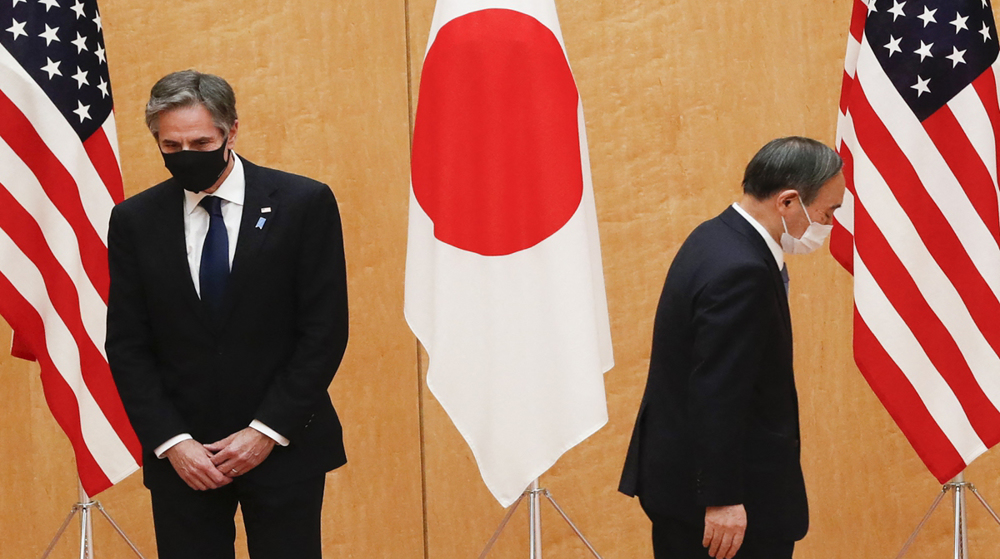
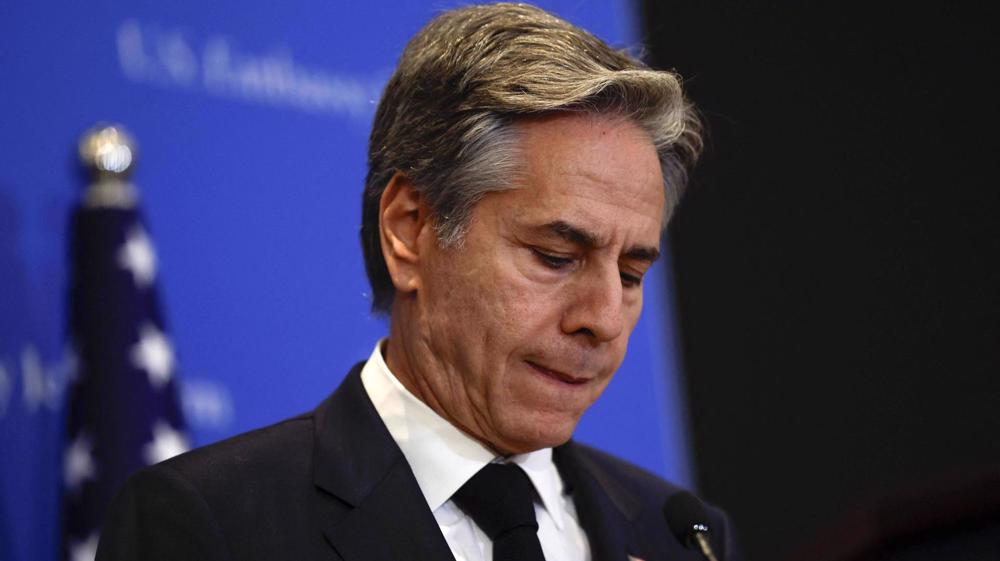
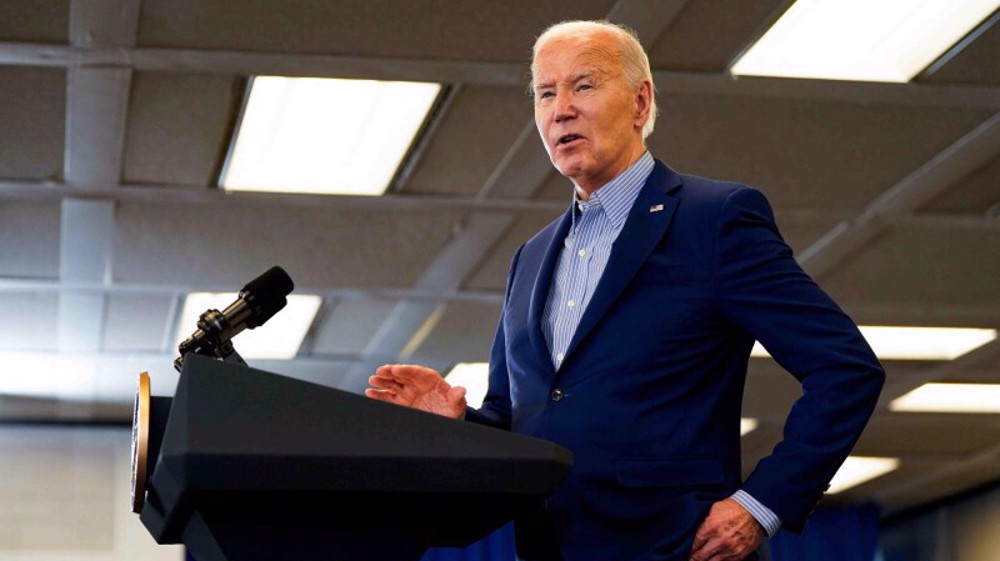
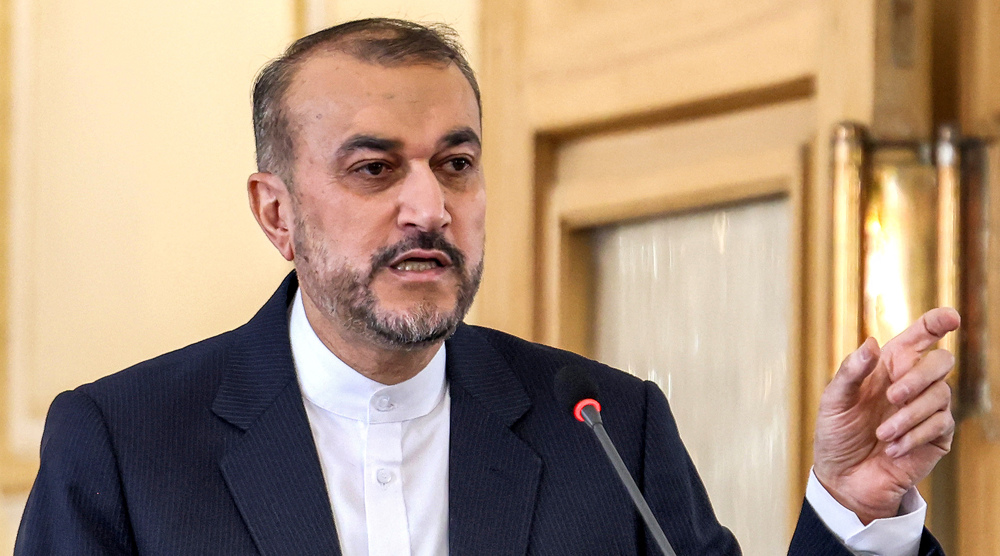



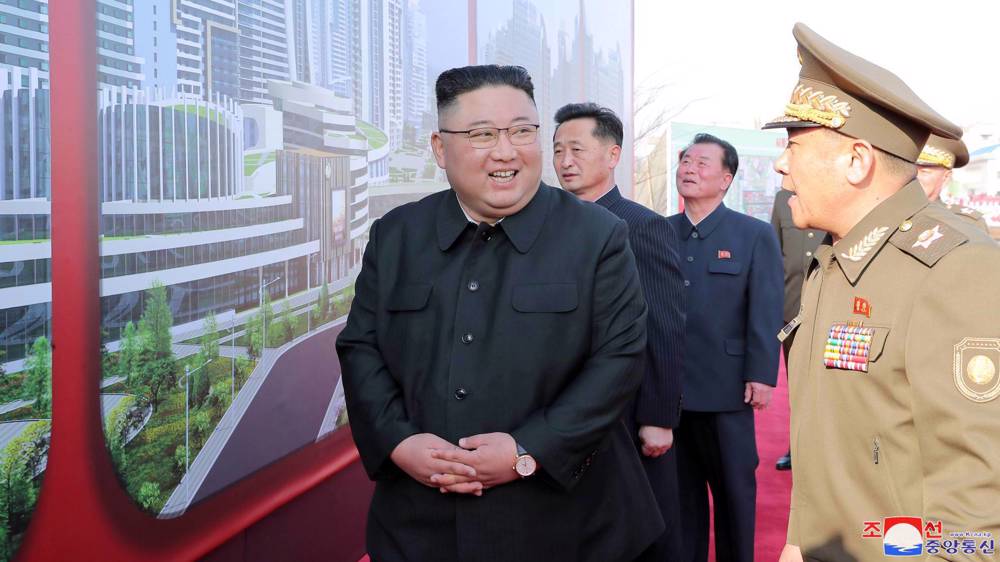
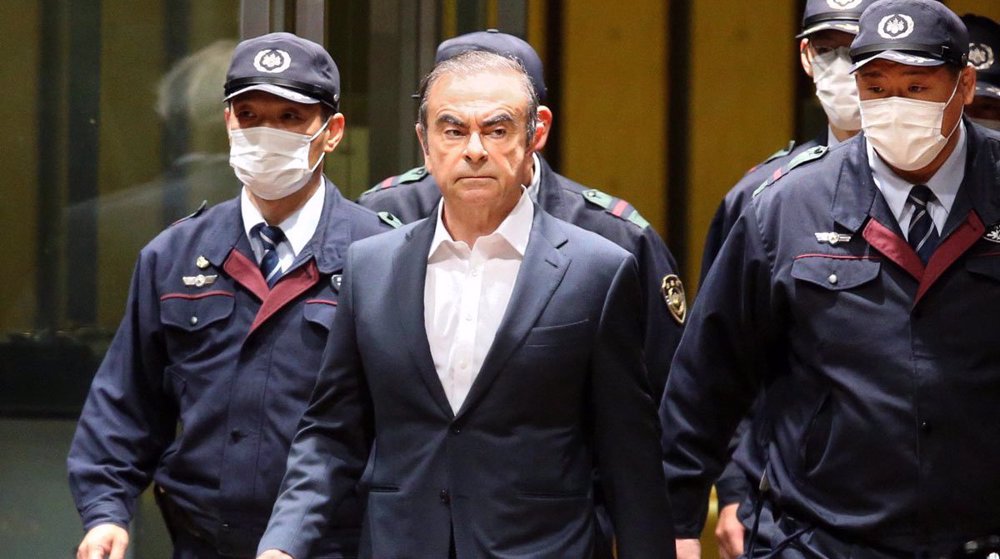
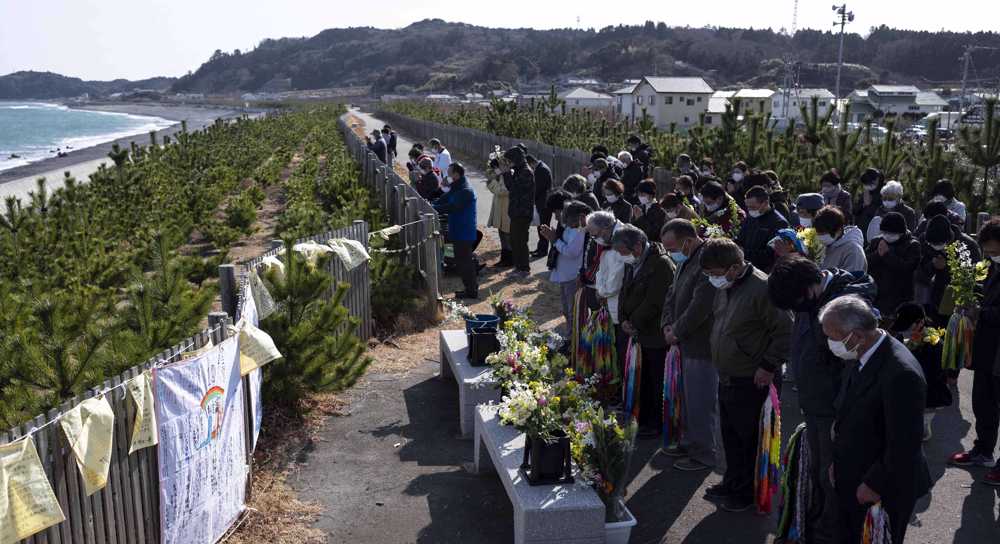

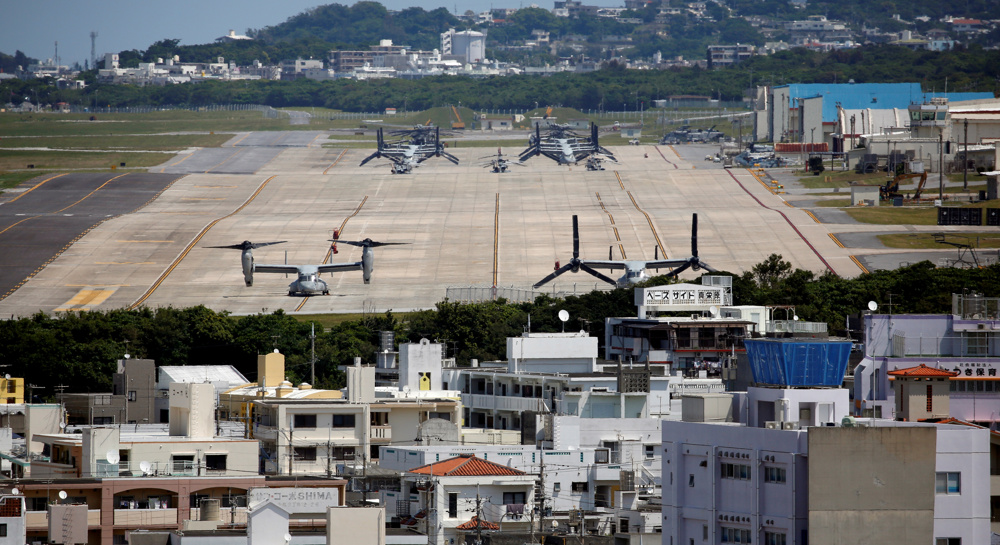

 This makes it easy to access the Press TV website
This makes it easy to access the Press TV website